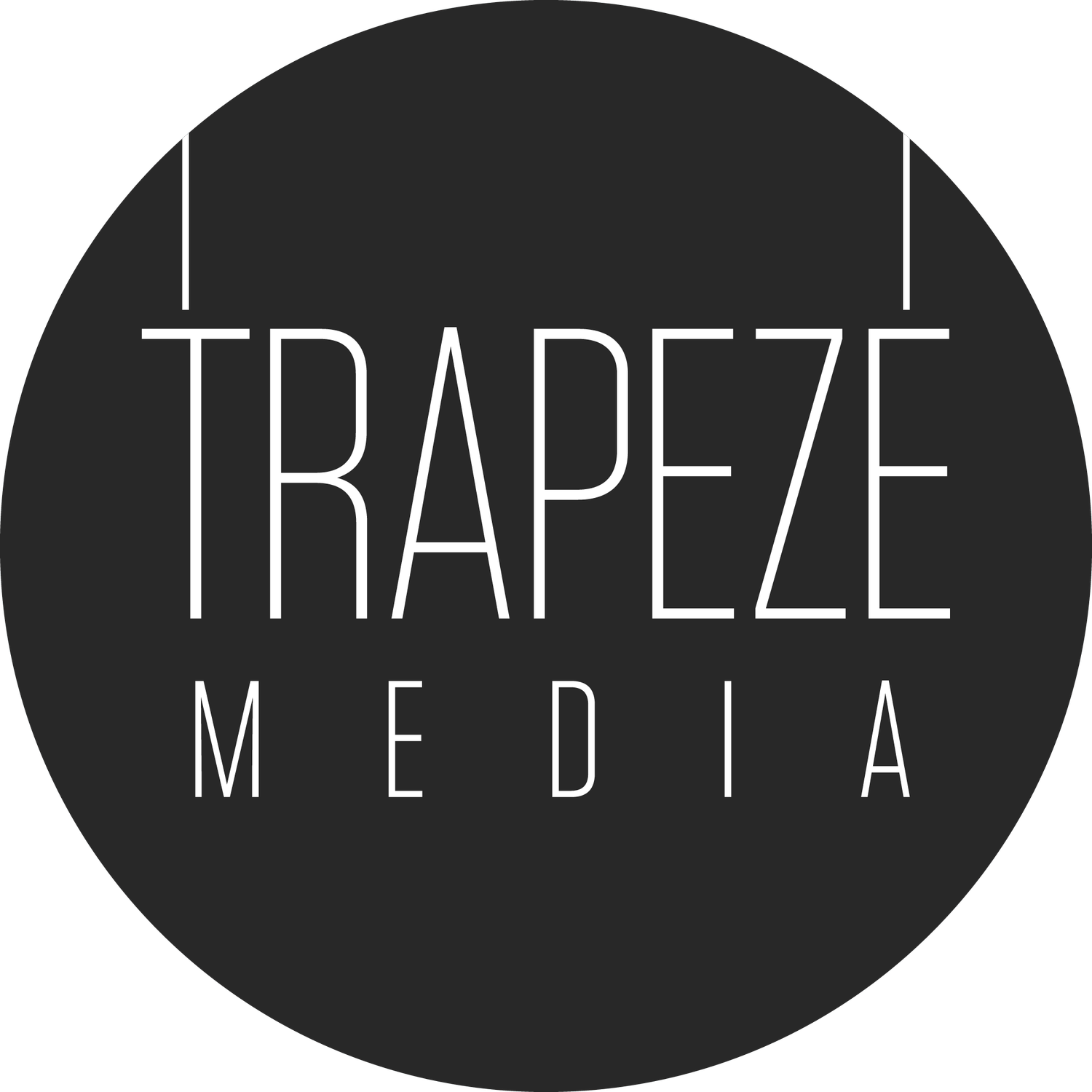The future of TikTok: 5 ways the platform is changing
For its first few years, during which it became the fastest-growing social platform in history, TikTok was an unavoidable part of any brand’s digital marketing efforts.
Now, the short-form video app is changing fast, and as a social media manager and musician, I’ve witnessed the impact of recent changes firsthand. TikTok’s trajectory, and the implications for its creators and users, might make some brands and artists question whether it’s still quite as essential as it once was.
Here’s a look at what’s happening.
The case of the muted music
TikTok’s clash with Universal Music at the end of February 2024, resulting in the removal of hundreds of songs, sent shockwaves through the music community.
While I’ve been fortunate not to be directly affected, many artists I know — ones signed through Universal — have faced repercussions.
For them, TikTok serves as a crucial platform for music promotion, and having their music muted or removed has proven detrimental to their rollouts.
And it’s not just musicians who are affected. It’s everybody. Music was the anchor to many of the app’s most viral trending sounds. Trends based on memes and snippets of people’s voices will live on, certainly, but the removal of songs leaves a noticeable gap.
If there’s a silver lining, though, it’s that smaller artists not signed to big labels now have more of a chance to shine!
A shift towards photo-centricity
Rumours are circling that TikTok might create a new app focused solely on photos, reminiscent of Instagram’s early days.
Given how hard it can already be to keep up with all the different social platforms, the idea of yet another one being added to the mix sounds quite daunting.
I think diluting TikTok’s unique video-first appeal risks alienating its dedicated user base.
Specialisation, not imitation, should be the focus. Look at Snapchat, for example, which has sustained its popularity by staying true to primarily being a messaging platform and not changing based on what other apps are doing.
Longer-form content — could TikTok take on YouTube?
TikTok’s been pushing longer-form content for a while, signalling a departure from the shorter video format it prioritised during its earlier years.
Pop-ups now encourage users to create videos more than one minute long, with landscape mode highlighted to provide a more YouTube-like experience.
Creators are incentivised with higher payouts for longer content, making some people think that TikTok might aspire to become a competitor for Google’s video-sharing behemoth.
TikTok as a search engine
It’s not just YouTube that TikTok might be taking aim at. It’s Google’s core business, too: search.
Remarkably, for many demographics, TikTok has already overtaken Google as the de-facto search engine. Young people in particular are using TikTok to find information about everything, from restaurant recommendations to breaking news stories.
It feels a little bit concerning from a misinformation standpoint, of course, because the barrier to entry is far lower for TikTok than it is for Google, and TikTok’s search result moderation isn’t nearly as sophisticated as Google’s yet, but what’s happened has happened, and TikTok have noticed. And they’re starting to encourage it.
In March 2024, TikTok announced a new creator monetisation programme which included ‘Search Value’ as one of the metrics dictating how much creators would get paid for the content they share. They also released a new tool, Creator Search Insights, to help influencers make content informed by trending searches. It’s literally SEO, but for TikTok.
Does any of this matter if TikTok gets banned?
In the United States, there’s been a lot of talk about TikTok potentially getting banned, as lawmakers push to regulate the platform over security concerns regarding its owners, Chinese tech company ByteDance, using the app to covertly spy on people and influence public opinion.
If such a ban passes into law, be it in just a few states or for the whole of the US, huge chunks of TikTok’s user base will be unable to access the app. And when a social platform’s active user count dwindles, there’s a good chance its overall popularity will wane, too.
Or perhaps TikTok would find strength in niching away from the US, much like how iMessage dominates in the States, but WhatsApp and LINE wear the crown in other countries. Losing America isn’t necessarily the death knell for the app.
So, can TikTok successfully serve as a long-form video platform, photo sharing app, and search engine, all while battling music labels and government superpowers?
Only time will tell.
For now, TikTok remains a dominant player amid the social media titans. As a musician, marketer, and avid TikTok user, I'm eager to see how all these developments shape the platform's future.

